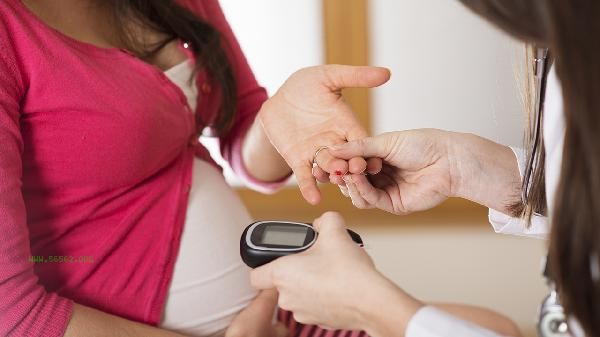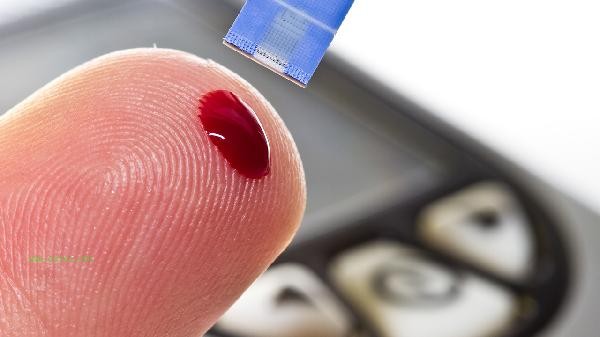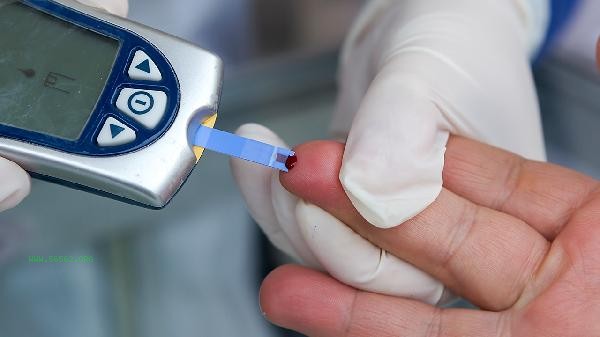When fat people have hypoglycemia, they should be alert to diabetes, especially when accompanied by insulin resistance or metabolic abnormalities. Hypoglycemia may be related to factors such as delayed insulin secretion in pre diabetes, improper medication, irregular diet, etc. Obese individuals may experience reduced insulin sensitivity, delayed peak insulin secretion after meals, and rapid drops in blood sugar, which may lead to reactive hypoglycemia. This condition is common in pre diabetes, indicating that the islet function has been damaged. Long term high sugar diet can increase the burden on pancreatic islets, leading to disrupted blood glucose regulation mechanisms, and easily causing symptoms of hypoglycemia such as palpitations and hand tremors in the hours after meals. When some obese individuals use hypoglycemic drugs or insulin, improper dosage adjustment may also induce hypoglycemia. Overuse of drugs such as metformin and glibenclamide, or failure to eat in a timely manner after insulin injection, can lead to a sudden drop in blood sugar. This type of situation requires immediate adjustment of the treatment plan to avoid repeated hypoglycemic damage to brain cells.

It is recommended that obese people regularly monitor fasting and postprandial blood glucose. If hypoglycemia symptoms occur repeatedly, glucose tolerance test should be conducted to check diabetes. Maintain a regular diet in daily life, choose low glycemic index foods, and avoid consuming large amounts of refined carbohydrates at once. Properly increasing resistance exercise can improve insulin sensitivity, but blood glucose monitoring should be monitored before and after exercise.











Comments (0)
Leave a Comment
No comments yet
Be the first to share your thoughts!